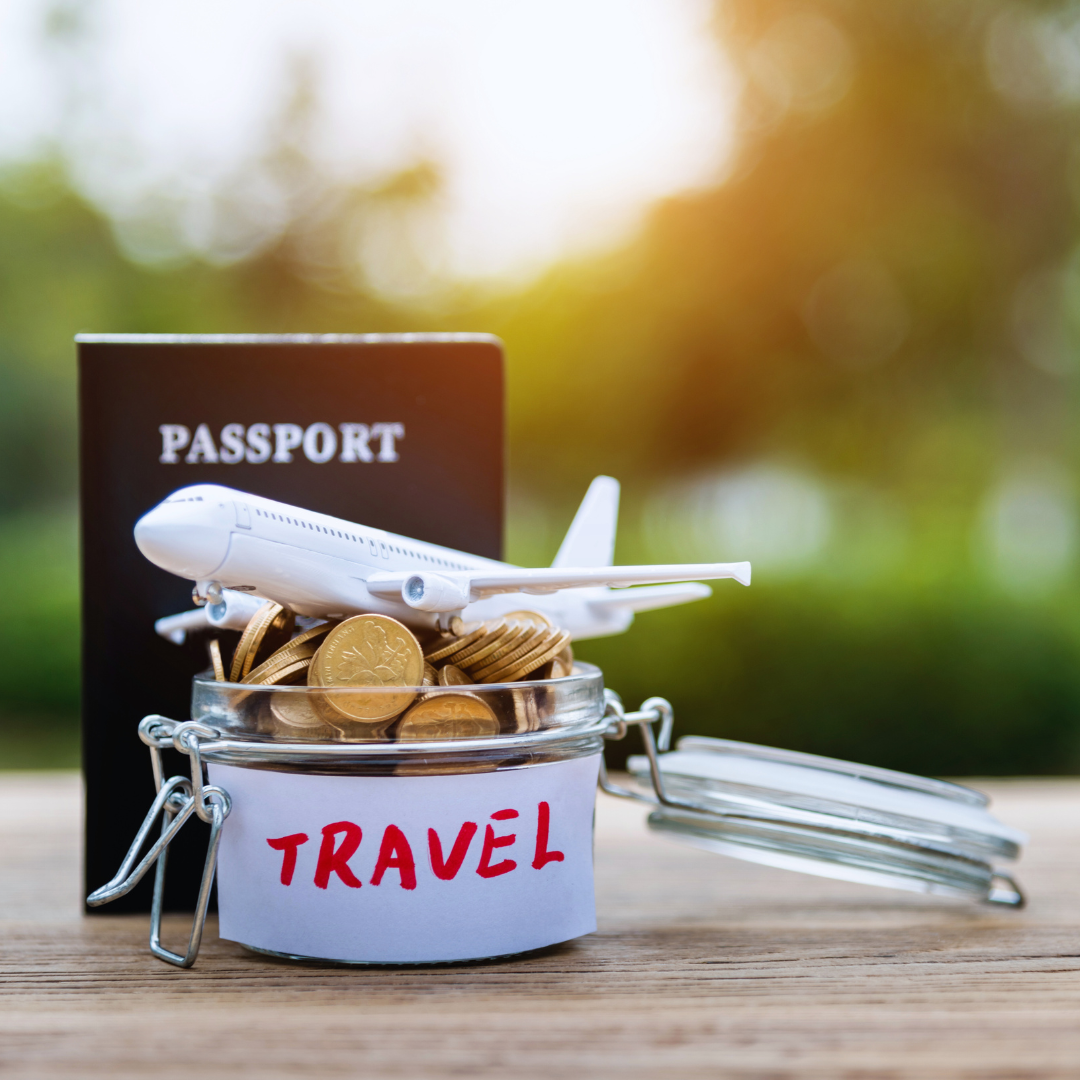
How to Save on Transportation Costs While Travelling: Smart Tips for Budget-Friendly Journeys
Managing travel expenses can be challenging, especially when it comes to transportation costs. Finding ways to save on transportation while travelling enables greater flexibility within a travel budget and opens up opportunities for unforgettable experiences. By making a few strategic choices, travellers can significantly reduce their transportation expenses without sacrificing comfort or convenience.
Various options are available to cut costs, from using public transport to leveraging ridesharing services. Choosing accommodations that are centrally located can also minimise the need for costly transport options. Understanding local transport systems and exploring alternatives can lead to both savings and a deeper connection with the destination.
Essential Strategies to Reduce Transportation Costs
Reducing transportation costs during travel requires careful planning and resourcefulness. Various strategies can help travellers maximise their budget and enhance their experiences.
Plan Ahead for Cost Savings
Planning ahead is vital for minimising transportation expenses. Travellers should research and book transport options in advance to secure the best deals. Using price comparison websites like Rome2rio can reveal various routes and modes of transport, helping to identify affordable choices.
Creating a travel itinerary that incorporates off-peak travel times can further reduce costs. For instance, travelling during weekdays often leads to lower prices on trains and buses. Additionally, consider bulk purchasing travel passes for extended journeys, as these can offer significant discounts compared to single-ticket purchases.
Compare Local Transport Options
Local transportation can vary significantly in price and convenience. It’s essential to compare options such as buses, trams, and ride-sharing services. This allows a traveller to choose the most cost-effective method of getting around.
Using a checklist of local transport options will help weigh the pros and cons of each. For example, while a taxi may be convenient, a bus or tram might provide similar coverage for a fraction of the cost. Some cities also offer bike-sharing programs, which can be both economical and enjoyable.
Leverage Budget Travel Hacks
Utilising budget travel hacks can lead to substantial savings. One effective strategy is to join local transport loyalty programs, which can offer discounts, free rides, or bonuses for frequent use.
Additionally, downloading transport-related apps can provide real-time updates on ticket prices and schedules. These tools can help avoid unexpected costs. Always look for promotions or seasonal discounts that local transport services may offer, ensuring a lower transportation budget throughout the trip.
Maximising Public and Shared Transportation
Utilising public and shared transportation can lead to significant savings while travelling. Relying on buses, trains, and ridesharing services not only reduces costs but also enhances the travel experience by promoting local interactions.
Taking Advantage of Buses and Trains
Buses and trains are often the most economical options for getting around a city or country. Many major cities offer extensive bus networks that can take travellers to key attractions. Trains can provide faster travel between regions, especially in countries with well-established rail systems.
Purchasing tickets in advance or using mobile apps can yield discounts. Many bus and train services have special fares for students, seniors, or off-peak travel.
Key tips:
- Research local bus and train schedules before travelling.
- Check for integrated transport systems that offer seamless transfers between different modes of transport.
Efficient Use of Ridesharing Services
Ridesharing services like Uber and Lyft can be cost-effective if used wisely. By sharing rides with other passengers, travellers can save significantly on individual fares.
Opting for scheduled rides during peak hours may incur higher rates, but utilising them during off-peak times can maximise savings. Some services also offer pooled rides, connecting passengers heading in the same direction.
Advice:
- Compare prices on multiple apps before booking.
- Consider using ridesharing for areas poorly serviced by public transport.
Exploring Public Transportation Passes
Many cities provide transportation passes that offer unlimited travel within a specific timeframe. These passes can be beneficial for visitors planning to use multiple forms of public transportation.
Options often include discounts for weekly or monthly passes, making them economical for longer stays. Many attractions may also partner with local transport systems to offer combined deals.
To consider:
- Investigate options for multi-day passes that include buses, trams, and trains.
- Look for tourist passes that provide additional discounts on entry fees to popular attractions.
Alternative Methods for Budget-Friendly Travel
Exploring alternative transportation methods can significantly reduce travel costs. Walking and cycling form an excellent base for budget-friendly travel, while car rentals and unique local transport options offer flexibility and economy.
Embracing Walking and Cycling
Walking and cycling are effective ways to immerse oneself in a destination. These methods eliminate transportation costs and provide authentic experiences.
Many cities offer bike rental services or bike-sharing schemes, making cycling an accessible choice. For instance, a city may provide cycle paths, ensuring a safe and enjoyable ride. Walking allows travellers to discover hidden gems often missed when using other transport.
Additionally, walking is beneficial for health and gives a closer connection to the local culture. Exploring neighbourhoods on foot often reveals local cafes, markets, and attractions. Always consider comfort when choosing footwear for extensive walking.
Considering Car Rentals and Road-Tripping
Car rentals can provide a cost-effective solution for those wanting flexibility. Travellers can explore regions at their own pace without relying on public transport schedules.
Rental car options vary, so choosing an economical model can save on fuel costs. Even with parking fees, many find that the versatility outweighs any additional expenses.
For those planning a road trip, it can be economical to share costs among friends or family. It allows access to scenic routes, making the journey part of the adventure. Budgeting for tolls and fuel is important for keeping overall expenses low.
Utilising Unique Local Transport
Unique local transport options, such as tuk-tuks or trams, can enhance the travel experience while being budget-friendly. These methods often provide a more engaging way to see a city compared to standard taxis.
Tuk-tuks, particularly in Southeast Asia, offer a fun, affordable alternative for short distances. They typically charge lower fares than taxis and provide a unique perspective of the area.
Public transport systems like trams and buses can also be economical. They allow travellers to reach various attractions without hefty taxi fares. Researching local transport options in advance can lead to significant savings.
Optimising Accommodation and Travel Rewards for Transportation Savings
Effective choices in accommodation and leveraging rewards programs can significantly reduce transportation costs during travel. Both strategies involve making informed decisions that offer the best value for money while maintaining a satisfying travel experience.
Strategic Accommodation Choices
Selecting the right type of accommodation can directly influence transportation expenses. Hostels and budget accommodations, like budget hotels and guesthouses, often provide cheaper rates than traditional hotels.
Staying in central locations reduces the need for extensive commuting. Options such as Airbnb or Couchsurfing can offer unique stays that also place travellers close to major attractions, minimising travel costs.
For families, booking larger accommodations can offer more cost-effective solutions, as they often include kitchen facilities. This allows for self-catering, thus reducing the need to dine out, which saves money that can contribute to transportation expenses.
Capitalising on Rewards Programmes
Joining travel rewards programmes can yield significant savings on transportation. Many airlines and hotels offer points that can be redeemed for free flights or discounted rates.
Using a travel credit card that accumulates points for each purchase can further enhance these savings. For instance, utilising services like Revolut for spending abroad may also provide additional rewards without foreign transaction fees.
It’s essential to carefully compare programmes to find those with the most generous benefits, including discounts on transport services or travel insurance. Travellers should keep track of their points and expiry dates to maximise the benefits.
Travelling During Off-Peak Seasons
Timing travel during off-peak seasons can lead to considerable savings. Flight prices and accommodation rates generally decrease when demand is lower, allowing travellers to secure better deals.
Off-peak travel also reduces congestion and enhances the overall experience. Fewer tourists can mean shorter wait times for attractions and easier navigation through cities.
Moreover, accommodations may offer increased discounts, special promotions, or packages that include transportation options. This approach not only optimises costs but can also provide a more relaxed and enjoyable travel experience.
You May Also Like

Hiking vs. Trekking
25 January 2022
Why There is More to Luxury Hotels Than Just Room Service
12 October 2022

